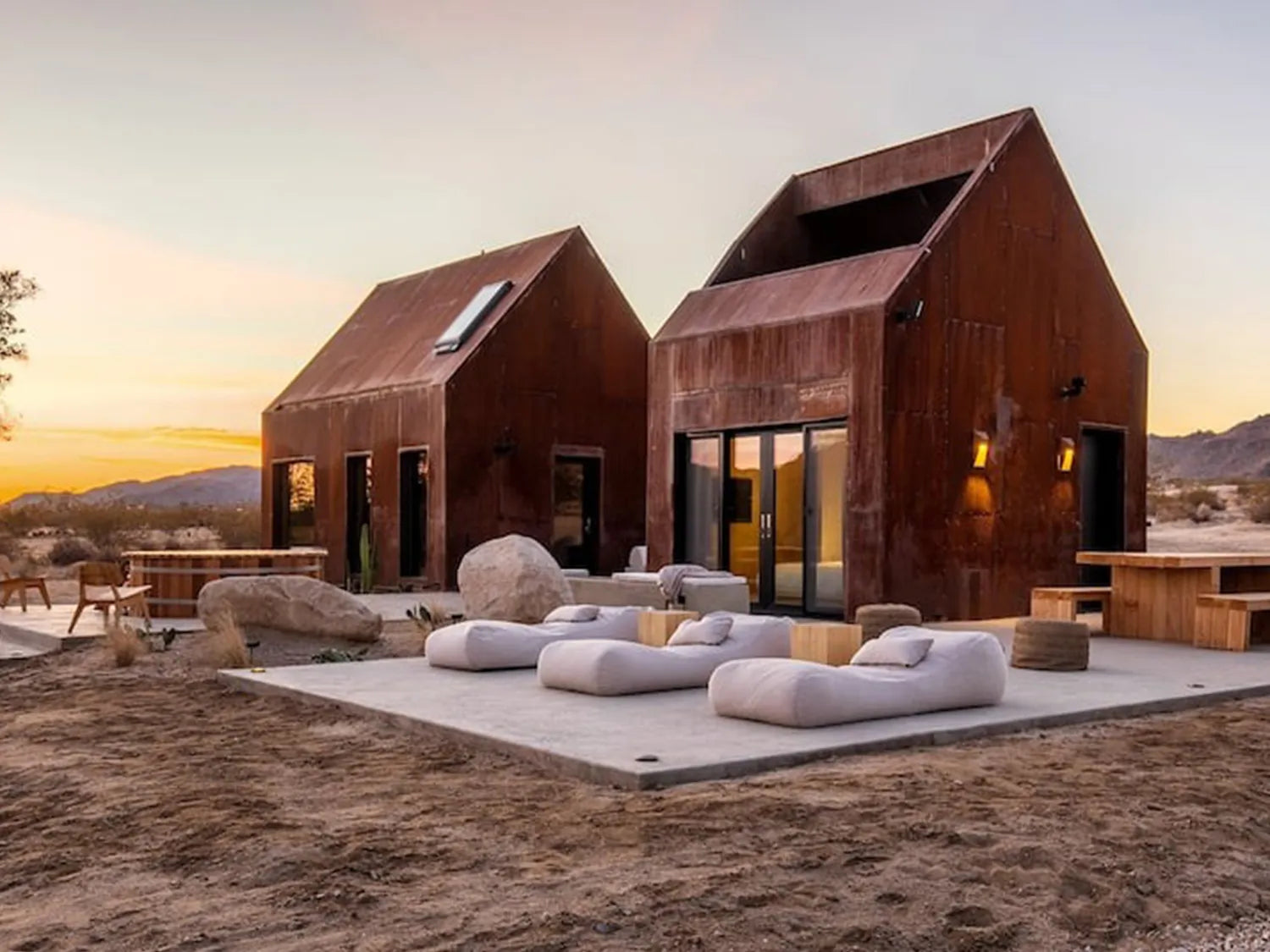The Story of Airbnb: How Disruption Transformed Hospitality Forever - Insights From Ian Grohl

When Airbnb launched in 2008, few would have predicted its sweeping impact on the global hospitality industry. Founded by two roommates in San Francisco, Brian Chesky and Joe Gebbia, who initially sought to earn some extra cash by renting out air mattresses in their living room, Airbnb has grown into a multi-billion-dollar company that’s redefined travel, real estate, and the way we think about accommodation. Here’s how the story of Airbnb unfolded—and why it continues to resonate with travelers and hosts around the world.
Innovation Out of Necessity
Airbnb’s origin story is one of necessity-driven innovation. In 2007, Chesky and Gebbia couldn’t afford the rent for their San Francisco apartment. With a design conference coming to town and hotels fully booked, they saw an opportunity. They quickly put together a website, “AirBed & Breakfast,” offering visitors a place to stay on an air mattress with breakfast included. Within days, they had three paying guests and an idea for a revolutionary platform.
In the early days, however, Airbnb faced significant challenges. Investors were hesitant to fund a business based on sharing personal space with strangers, and convincing people to trust such a platform was difficult. But Chesky, Gebbia, and their third co-founder, Nathan Blecharczyk, persevered. With a few crucial rounds of seed funding, they refined their model, built an appealing platform, and worked tirelessly to attract users, both travelers and hosts, to their novel idea.
A New Kind of Accommodation
Airbnb filled a major gap in the market. Traditional hotel stays were often too expensive, especially for extended trips or group travel. Airbnb offered a solution: affordable, unique accommodations that felt more like home than a hotel. From spare rooms in New York City to entire villas in Bali, Airbnb quickly became known for its eclectic variety of properties.
As the platform grew, so did its community. Travelers enjoyed the “live like a local” experience, while hosts found Airbnb to be a lucrative side income (or even a full-time business). This shift posed a direct threat to the hotel industry, which began to feel the sting of competition as Airbnb gained traction. Unlike traditional hotels, Airbnb had no need to maintain physical properties, which meant lower overhead costs. Instead, the company focused on enhancing the user experience and expanding its host network worldwide.
Criticisms, Rising Costs, and Market Saturation
While Airbnb revolutionized travel, recent criticism reveals some significant drawbacks and potential threats to the platform’s staying power. For one, skyrocketing prices have begun to make Airbnb stays less attractive than they once were. What started as an affordable alternative to hotels is now often comparable—or even pricier—when you factor in cleaning fees, service charges, and sometimes strict house rules. Many travelers are finding that hotels offer a more consistent experience without the added costs and expectations of Airbnb rentals.
Market saturation is another challenge. With so many people renting out their properties, especially in popular tourist destinations, competition has increased, leading to a drop in occupancy rates and a less predictable income for hosts. This trend can lead to an oversupply of short-term rentals, driving some hosts out of the market. Furthermore, cities like New York, Amsterdam, and Barcelona have imposed restrictions or fines on short-term rentals, claiming Airbnb contributes to housing shortages and drives up local rents. Such regulations could significantly limit Airbnb’s footprint in popular urban areas.
How Airbnb Changed Travel Forever
Regardless of the downsides, Airbnb’s success story isn’t just about a smart business model; it’s about reshaping an industry. Today, millions of travelers use Airbnb for accommodations ranging from beachside bungalows to urban lofts, and the platform has fundamentally changed consumer expectations for lodging. Hotels have even adopted elements of Airbnb’s model, such as offering more unique, “homey” experiences and embracing flexible cancellations.
Airbnb also empowered ordinary people to become entrepreneurs, creating economic opportunities for hosts in communities worldwide. In small towns and rural areas, Airbnb has introduced travelers to places that may have previously been overlooked. For many, hosting has become a critical source of income, even leading to the rise of “professional Airbnb hosts” who manage multiple properties.
What’s Next for Airbnb?
As travel trends continue to evolve, Airbnb faces both challenges and opportunities. The rise of digital nomadism is one trend that aligns well with Airbnb’s focus on flexible stays, while the platform’s influence on housing prices and local economies remains a topic of debate. Going forward, Airbnb is likely to focus on expanding its ecosystem of services and refining its brand as a leader in alternative accommodations.
Airbnb’s story is far from over. From humble beginnings to IPO, it’s shown that the power of a simple idea—rooted in solving a real-world problem—can disrupt an entire industry. Today, Airbnb stands as an example of how innovation, adaptability, and a commitment to community can transform not just a business but an entire way of living, working, and traveling.



